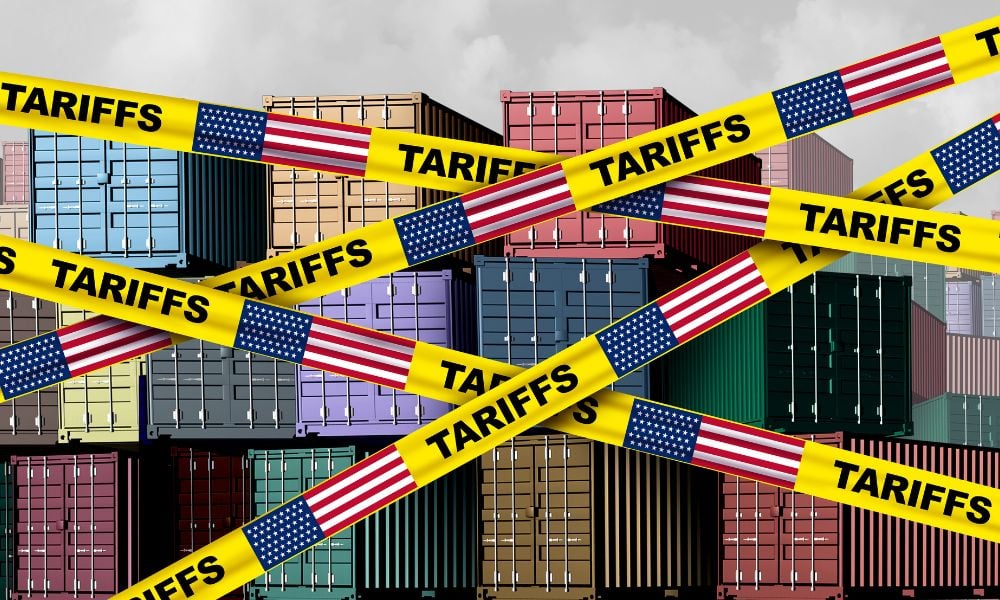Data shows negative correlation between ownership and performance has been growing stronger over past three years

In the realm of ETFs, large-cap stocks that are winning popularity contests today may wind up as losers in performance down the road, according to a new study.
After analyzing data on the constituents of the S&P 100 going back to 2018, StoneX Global Macro Strategist Vincent Deluard found that the stocks most owned by ETFs have tended to lag the performance of their more lightly owned counterparts.
In an interview with the Financial Times, Deluard said the negative correlation “has been getting stronger in the past three years.” A similar analysis he did for the 2012-2018 period found a weaker, but still negative correlation between ETF ownership and performance.
The negative correlation, he said, could align with the view that by pushing up valuations, high ETF ownership depresses future returns of specific stocks.
According to figures from ETFGI, assets in the global ETF industry have exploded to US$9 trillion since 2018; that represented a near-doubling in AUM, most of which has coagulated in the U.S. and in equities.
Over the same period, the industry has gradually and partially weaned itself from broad market cap-weighted strategies to more narrowly focused thematic and ESG ETFs. As per ETFGI, assets in thematic ETFs have tripled to US$382 billion since the end of 2018, and ESG ETFs have risen by 800% to $246 billion over the same period.
For many, those figures point to an evolution in the ETF space from passively reflecting the ebbs and flows of the markets to being an active force, with the prices of “ETF darling” stocks getting distorted upward as an increasing share of money flows are diverted into them.
But the data from New York-based StoneX suggest an opposite scenario. If his findings and analysis are correct, Deluard suggested that “the best opportunities to compound wealth should therefore be found outside of popular funds and indices.”
His research also provides ammunition to some members of the value crowd, who argue that as price-insensitive index funds chase the same momentum-driven stocks, they generate “passive bubbles” that will eventually and inevitably burst.
Partly downplaying his findings, Deluard described the negative correlation between ETF ownership and performance as statistically “weak.” The main driver of returns, he added, has been relative sector performance.
He also did not dismiss the possibility that small- or mid-cap stocks held in ETFs – those in popular sectors such as gold miners or cybersecurity, for instance – could see their prices pushed up, since they’re less able to absorb strong inflows.
“Passive distortions are likely much greater for small caps whose limited float can be overwhelmed by index funds’ relentless buying,” Deluard said.



